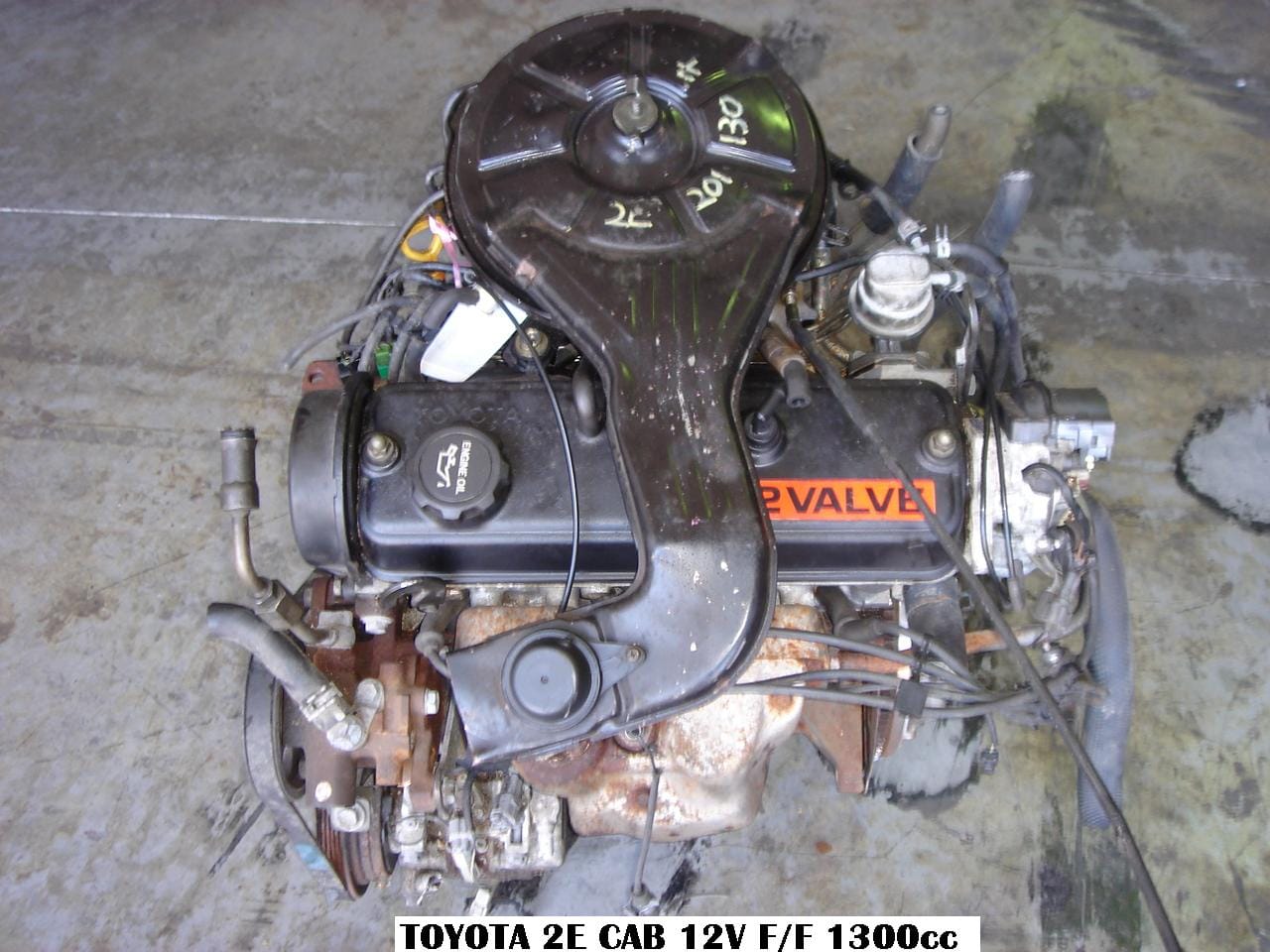Update Your Experience with Authentic Toyota Tazz Engine for Sale
Update Your Experience with Authentic Toyota Tazz Engine for Sale
Blog Article
Engine Purchasing Expert Tips on Picking the Right Engine for Your Particular Requirements
Picking the appropriate engine for your details demands includes a complicated interaction of variables that surpass mere horse power figures. From power result to sustain efficiency, the decision-making procedure can be intimidating. Recognizing the nuances of engine kinds, dimensions, and their compatibility with your automobile is important. Nonetheless, there are skilled tips that can assist navigate this terrain with self-confidence. By diving into the details of power versus effectiveness, assessing gas scores, and budgeting for long-term costs, one can absolutely maximize their engine option.
Power Vs. Effectiveness: Finding the Balance

When choosing an engine, it is vital to strike an equilibrium between power and performance to fulfill your particular demands successfully. Power describes the engine's capability to generate energy for propulsion, figuring out elements like velocity, towing capacity, and general performance (Toyota Tazz Engine For Sale). On the other hand, effectiveness connects to exactly how well the engine makes use of fuel to generate power, impacting factors such as fuel economic climate and environmental kindness
Accomplishing the right balance between power and efficiency is crucial since an engine that is also powerful may eat excessive gas, resulting in greater operating expense and unnecessary pressure on the setting. Alternatively, an engine that prioritizes effectiveness over power might cause slow performance, specifically popular scenarios like towing hefty tons or driving uphill.
To make an educated decision, consider aspects such as your normal driving conditions, the designated use the car, and your personal preferences. By reviewing your top priorities and requirements, you can pick an engine that strikes the ideal balance in between power and performance, guaranteeing optimal efficiency while lessening environmental influence and operating expense.
Understanding Engine Size and Type

Usual engine kinds consist of inline engines, V engines, and rotating engines, each with its one-of-a-kind benefits and downsides. Understanding the interplay between engine size and type is essential in selecting an engine that aligns with your certain requirements and concerns, whether it be power, effectiveness, or an equilibrium of both.
Consider Your Lorry's Requirements
Considering your automobile's requirements is a basic action in the engine selection process to wikipedia reference make sure optimal efficiency and capability. It is necessary to assess aspects such as the planned usage of the car, its weight, towing capacity, and fuel performance needs. If you are looking for an engine for a sturdy truck that will certainly be used for towing, you will certainly need a powerful engine with high torque abilities. On the other hand, if you are selecting an engine for a small vehicle mainly used for city travelling, gas effectiveness may be an extra vital aspect to take into consideration.

Examining Gas Efficiency Scores
Evaluating gas efficiency rankings is an essential element of selecting the ideal engine for your car, making certain expense savings and ecological sustainability. Fuel efficiency rankings, commonly determined in miles per gallon (MPG) for gasoline engines or kilowatt-hours per 100 miles (kWh/100 miles) for electrical engines, indicate how much an automobile can travel on a particular quantity of gas or electrical power. Greater MPG or reduced kWh/100 miles values represent a lot more reliable engines, converting to lowered gas expenses and reduced carbon exhausts.
In addition, compare different engine alternatives within the exact same vehicle course to identify the i thought about this most affordable option. Aspects such as engine dimension, weight, the rules of aerodynamics, and hybrid or electric abilities can all affect fuel efficiency.
Budgeting for Long-Term Prices
Tactically planning for lasting expenditures is important when selecting an engine, ensuring monetary sustainability over the automobile's life-span. While the preliminary acquisition cost of an engine is a substantial element, it is critical to consider the long-term costs linked with maintenance, fixings, and fuel usage.
Furthermore, researching the accessibility and cost of substitute parts for the chosen engine is important in budget preparation. By very carefully budgeting for these long-lasting expenses and factoring them into the decision-making process, people can pick an engine that not just fulfills their immediate demands but additionally stays economical throughout its lifespan.
Final Thought
Finally, selecting the appropriate engine for your particular demands needs balancing power and efficiency, comprehending engine dimension and kind, considering your lorry's demands, assessing fuel efficiency rankings, and budgeting for long-lasting prices. By carefully considering these aspects, you can make certain that you select an engine that satisfies your needs and provides optimum efficiency for your automobile.
To even more improve the option process of an engine that strikes the optimal balance in between power and efficiency, it is essential to dig into the complexities of understanding engine dimension and kind. Engine size useful reference refers to the overall quantity of air and gas that can be pushed via the engine cyndrical tubes. Typical engine kinds include inline engines, V engines, and rotating engines, each with its distinct benefits and disadvantages. Comprehending the interaction between engine size and kind is important in picking an engine that lines up with your certain requirements and priorities, whether it be power, efficiency, or an equilibrium of both.
Gas performance scores, usually measured in miles per gallon (MPG) for gas engines or kilowatt-hours per 100 miles (kWh/100 miles) for electrical engines, show how much a car can take a trip on a certain amount of gas or electrical energy.
Report this page